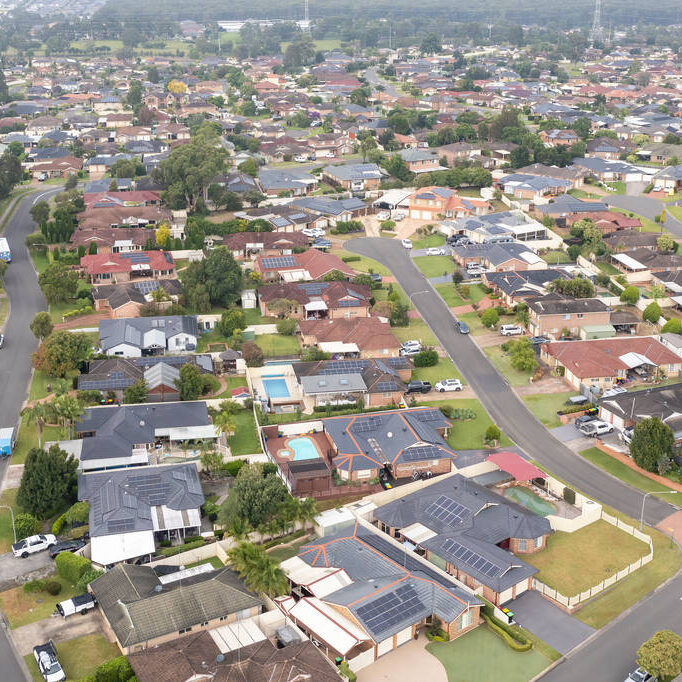You may be chasing more affordable prices, dreaming of a lifestyle change, or spotting investment potential in a different market altogether. No matter the reason, buying property in another state can be pretty tempting. But let’s be clear: buying interstate isn’t quite the same as finding a place down the road. You may have to […]
Can First-Home Buyers Use Their Super for a Deposit?
You already know what you want for your first home. You even have nailed down the specifics—from the location or suburb to the number of rooms you want. The only problem left is the deposit. Like most Australians, you probably have a difficult time saving enough for the optimal home loan deposit amount.
In Tasmania, for instance, an average-income household would need to save for 6.2 years to afford the deposit for their first home in the state. But don’t fret because certain government grants can contribute to your house deposit. Plus, you can use your super to boost your funds.
Today, we’ll attempt to answer the question: “Can first-home buyers use their super for a deposit?” Simply put, we’ll guide you through the government initiative called the First Home Super Saver Scheme and give you tips on how to maximise it.
How Does the First Home Super Saver (FHSS) Scheme Work?
With the FHSS scheme, people can make extra voluntary contributions to their superannuation fund, which they can later withdraw to use for a mortgage deposit. These contributions are invested alongside your regular super, potentially growing over time depending on your chosen super investment mix. When you’re ready to buy your home, you can withdraw these contributions plus the earnings to use as a deposit.
The extra contributions for the FHSS scheme can’t be touched until you’re ready to utilise it for a house deposit. In a way, that takes away the temptation to dip into your savings. So, with the FHSS scheme, you can save for a house deposit way faster.
The Benefits of Using Super for Your Deposit
- Tax Advantages: Voluntary concessional contributions are taxed at a lower rate compared to your regular income, which can result in tax savings and more money going towards your home deposit.
- Higher Savings Potential: The investment earnings within super can often outpace regular savings accounts. That means the money you’re saving for a home loan deposit could grow faster within the super environment.
- Caps on Contributions: There are limits to how much you can contribute and withdraw under the FHSS scheme. As of the current guidelines, you can contribute up to $15,000 per financial year, with a total cap of $50,000 contributions across all years. The scheme helps you reach your deposit goals much sooner without letting you go astray regarding your retirement goals.

How to Qualify for FHSS and Access Your Super for a Home Deposit
First-home buyers using super for deposit can achieve homeownership sooner. To qualify for FHSS, you must:
- Be at least 18 years old.
- Not have owned a property—including land, commercial property, investment property or company title interest in land—in Australia.
- Intend to live in the property you want to buy for at least six months in the first year.
- Not have applied to have super funds released through FHSS before.
You can only apply for your super funds to be released through the FHSS scheme once, but if you’ve lost ownership of a previous property due to financial hardship, you might be able to apply for it again. That includes losing ownership due to bankruptcy, natural disasters, job loss, sickness, and divorce or separation.
After applying and making extra contributions to your super fund, you can access your super under the FHSS scheme. You just need to request a determination from the Australian Taxation Office (ATO) and then apply for a release of funds. The ATO will order Aware Super to release your FHSS funds to them and deduct any applicable tax before sending the money to you. You have a year (and possibly 12 more months through extension) from the day you request a release to tell the ATO you’ve signed a contract to buy a house. Otherwise, you will need to re-contribute the money to your super. You can keep the released funds, but be mindful that these can be subject to a tax equal to 20% of your assessable FHSS released amount, less any withheld tax.
Things to Consider
Like any financial decision, choosing to use your super for a deposit must come with a few considerations, like:
Retirement Plans
While the FHSS scheme can be a fantastic way to boost your home deposit, it’s essential to consider your overall retirement strategy. Your superannuation is initially designed to fund your retirement, so using some of your super for a home deposit may impact your super balance in the long term.
Property Type
The property you purchase must be residential and located in Australia. It can’t be a houseboat, motorhome, or vacant land unless you are building on it.
Contribution Caps
While contribution caps are listed as a benefit above, these could also be a downside. As mentioned, you can contribute up to $15,000 per financial year, with a total cap of $50,000 across all years. Make sure that the amount is enough for the residential property you’re eyeing to purchase in Australia.
Timeframes for Purchase
After releasing your funds, the ATO will give you 12 months to sign a contract to purchase or construct a home. You must notify the ATO within 28 days of entering the contract. If you need more time, you may be granted an extension.
Let’s Talk More About Your Options
To sum it up, can first-home buyers use their super for a deposit? Definitely!
If you’re considering using the FHSS scheme, let us help you. Our mortgage brokers in Hobart can offer expert advice, help you explore all possible options and ensure your decision aligns with your broader financial plans. Contact us today.
Enquire Now
Find Your Perfect Finance Solution
Let's discuss your finance needs. We’re here to help.
More posts from Deltos Finance
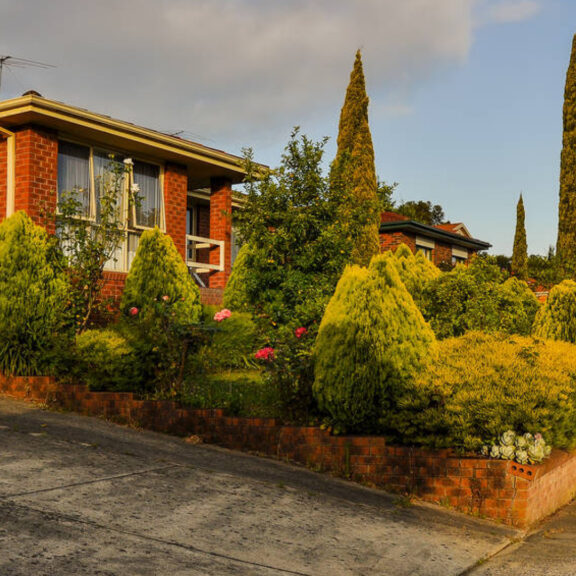
Suburbs with the Highest Rental Yield in Tasmania
The term “rental yield” is music to any property investor’s ears. It’s the key metric that indicates the annual return on your investment, essentially the percentage of the property’s value that comes back to you in rental income. In a market like Tasmania, which has been gaining traction for its overall investment appeal, pinpointing the […]
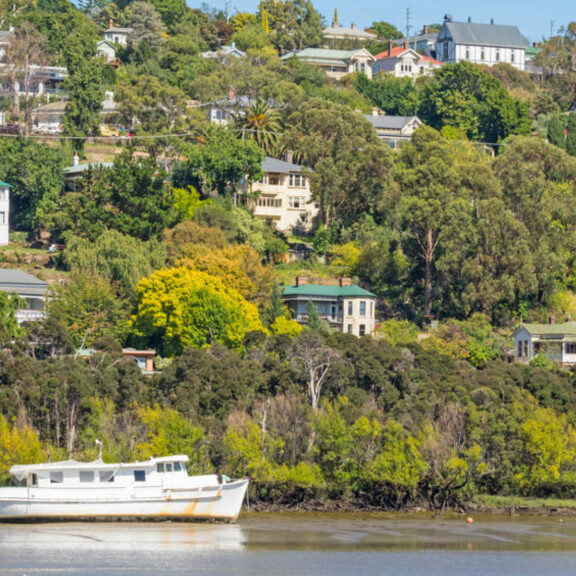
Launceston: A ‘Second Wind’ Property Market You Should Invest in Now
When talk turns to Tasmania’s property scene, it’s easy for the spotlight to shine brightly on Hobart, with its bustling waterfront and historic charm. But just a little further north, nestled at the head of the picturesque Tamar Valley, lies Launceston—a city that quietly hits its stride and presents a compelling proposition for savvy property […]
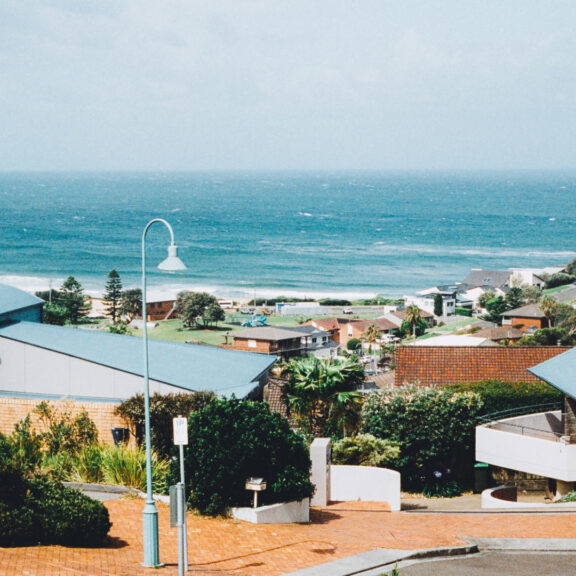
How Often Does Property Double in Value?
Every homeowner has likely dreamed of their property doubling in value in the future, turning into a valuable nest egg or funding their next big adventure. But how long does it actually take for a property to double in value? And how often does it happen? While there’s no magic eight-ball to predict the property […]

Stamp Duty Exemption for First-Home Buyers in Tasmania: Has It Paid Off?
Purchasing a property has historically come with major financial difficulties, especially for first-home buyers in Tasmania or any other state for that matter. The stamp duty is one of those most notable monetary challenges for homebuyers. Essentially, it’s a tax levied on property purchases that often adds tens of thousands of dollars to upfront costs. […]
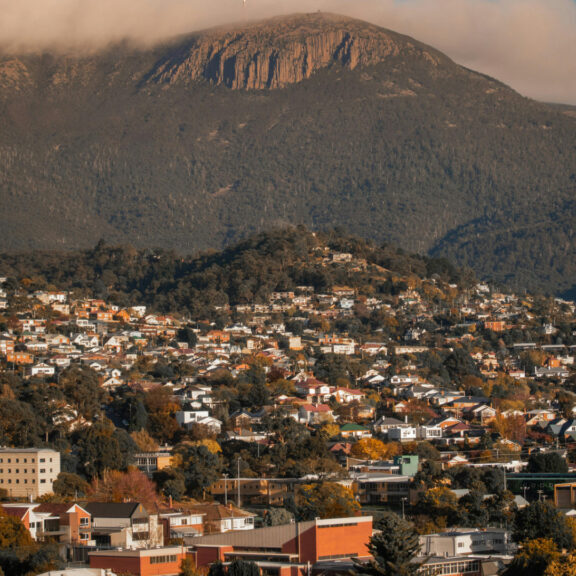
Difference Between Airbnb and Traditional Renting in Hobart
Hobart’s property market has become a hotspot for investors largely because of its strong tourism demand and stable rental market. But that doesn’t mean all property investments in this Tasmania capital are a sure win. One factor to consider is deciding between short-term rentals like Airbnb and traditional long-term renting. Each option has distinct advantages […]
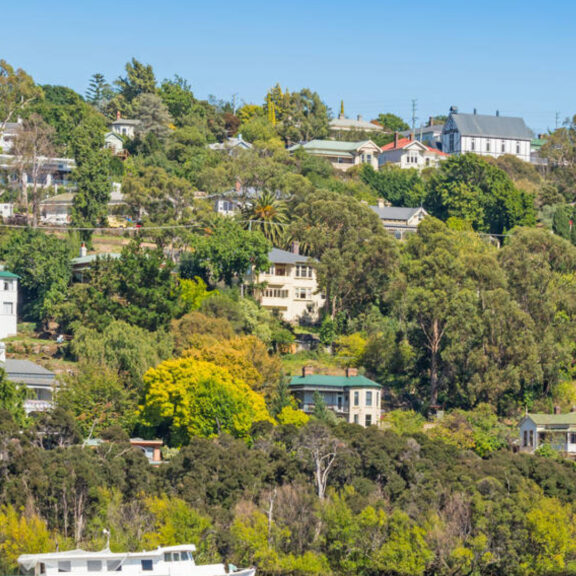
Is Launceston a Good Place to Live?
The short answer is yes, especially if you want a more affordable lifestyle without giving up access to key services, natural beauty, and long-term opportunities. Also, with its blend of heritage charm, steady economic growth, and a property market still within reach for many Australians, Launceston, Tasmania, is gaining momentum as a popular area for […]

Hobart Property Management Fees: A Complete Guide
You’ve already secured an investment loan and finalised your rental property purchase in Hobart. Now, it’s time to take action by listing the property for rent and managing it effectively to start generating rental income. But how much should you expect to spend on property management in Hobart, Tasmania? As Tasmania’s capital continues to attract […]
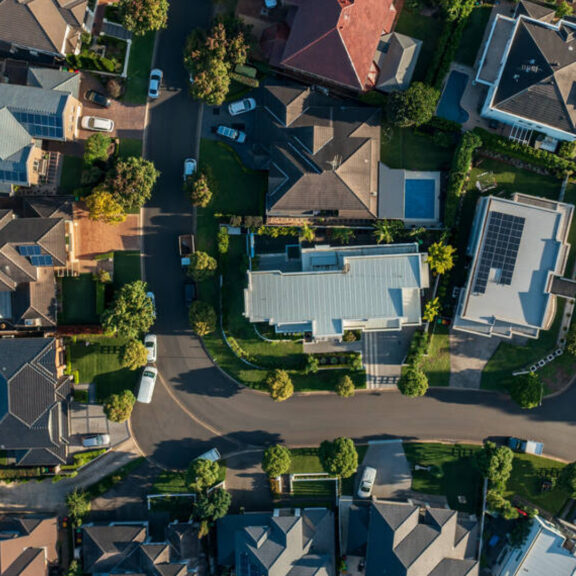
How Rising Property Prices Affect Your Home Loan and Buying Potential
Here’s the good news: the Australian real estate market has been experiencing significant growth in recent years, with house prices in major cities reaching record highs. It can be a huge win for homeowners and investors, especially those planning to sell their properties soon. However, this can be an issue for potential property buyers, including […]

Build Your Wealth with a Simple Guide to Using Your Home Equity
Building wealth requires adopting the right mindset and being strategic when using available financial instruments. Essentially, it’s about making your money work in your favour. But what if you don’t have enough cash to start creating wealth? There’s an underutilised strategy that we want to share with you, and that is leveraging your home’s equity—the […]


